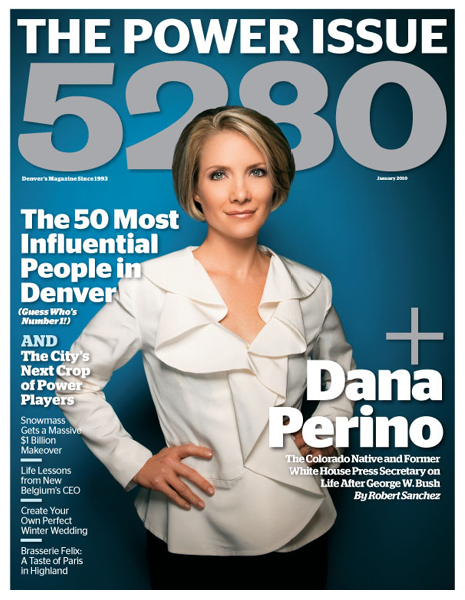The Local newsletter is your free, daily guide to life in Colorado. For locals, by locals.
Brasserie Felix


 (out of 4)
(out of 4)
3901 Tennyson St., 303-953-2401
The Draw Classic French brasserie fare in a warm, casual environment.
The Drawback Service can be spotty, and execution inconsistent.
Don’t Miss French martini, French onion soup, frisée salad, steak frites, crêpes suzette
Price: $$$ (Average entrée $16-$25)
About five years ago, on a rainy fall evening in Paris, I stumbled into a corner brasserie, enticed by the promise of warmth and the chalkboard menu set inside the window.
Although all meals in Paris tend toward the memorable, this one was especially so. Warm yellow light. Tables set close together. Windows steamed from the inside. And a bubbling crock of hot coq au vin paired with a glass of elegant Côte de Nuits Burgundy. The meal came together with such seamless perfection that, for better or worse, it’s become the standard by which I judge all neighborhood French. Yes, the food has to be hearty and comforting, but it’s the transformative atmosphere I crave when I seek out a brasserie.
These were the expectations I carried when I dined at Brasserie Felix for the first time with my parents, who were visiting from out of town. Eager to please them and show off Denver’s ever-expanding culinary diversity, I hoped the restaurant would deliver the magic I associate with cold nights and warm restaurants and French menus.
And it did. Mostly.
Danielle Diller and husband Gilles Fabre opened Brasserie Felix in July 2008 in an effort to bring casual and affordable French food to the Berkeley neighborhood. Although the marriage didn’t survive—Diller, 41, now runs the place on her own—the restaurant has, largely because she executes French casual very well.
The menu features enduring classics like soupe À l’oignon gratinée, savory caramelized onion soup in a hot crock, topped with a chewy layer of Gruyère; steak frites, a tender flatiron steak brushed with a lightly piquant green peppercorn sauce and served with a mountain of crispy fries; and moules Provençales, big pots of fresh, juicy mussels in a sweet tomato-saffron broth spiked with fragrant sprigs of thyme. It’s the kind of French food that comforts, plays it safe, and displays a refreshing lack of culinary ego.
One dish I reflexively order in any restaurant that exudes even a whiff of Frenchiness is the frisée salad, tossed with thick cubes of fried bacon lardons and topped with a wobbly little poached egg. Brasserie Felix’s was one of the best I’ve had—its fresh, spiky frisée was nicely offset by the creamy egg yolk and tangy lemon vinaigrette. (I should point out, however, that a friend who ordered the same salad was put off because the kitchen hadn’t let her egg drain sufficiently, leading to limp, drippy lettuce.)
With my folks, I went for the steak and fries, but they skipped the clichéd favorites entirely. Instead, Mom opted for confit chicken, which arrived in a wide, white soup bowl mounded with shredded, spoon-tender chicken, roasted potatoes, and sautéed, deep-green spinach, all of it folded together with a garlicky brandy cream sauce. Setting my steak aside, I spent several absentminded minutes weighting my fork with the warm, rich chicken, followed by sips of chilled, minerally Denis Pommier Chablis.
Dad ordered the pâtes frâiches aux boeuf, a generous serving of al dente penne pasta tossed with sautéed beef, sweet cherry tomatoes, and rosemary in an elegant blue cheese and red wine sauce. My dad, who used to sell meat for a large Midwestern company, rightly noticed that while the menu had promised beef tenderloin, the actual meat seemed to be a tough, disappointing replacement—most likely sirloin.
There were other hiccups as well. The service, for example, suffered from mysterious gaps, with servers speeding up and slowing down in inconsistent waves like an old record player jumping between RPMs.
The wine list was also a mystery. When I mentioned to the server how surprised I was not to find a single Chablis on the list, one suddenly materialized. When I ordered a glass of port that was on the list, I was told they were out. When, on a subsequent visit, I asked for a suggested pairing for the sole meunieres, I was presented with a luscious white Burgundy that, again, was not advertised. “It’s just a special we have tonight,” the server explained, which made me feel as if I were participating in something illicit.
Brasserie Felix also harbors one of my pet peeves: Diners can plainly see the area where servers bus plates and hang out between rushes chatting with one another. Would it be so hard to keep the magic alive by shielding diners from backstage with a wall or curtain or row of plants—especially since the environment here works so perfectly otherwise?
With its pale yellow walls, rows of shiny mirrors, white glass lampshades, and French art posters, it’s easy to feel as if you’ve been lifted, if only for a night, from a Denver neighborhood to a Parisian side street. Plus, the clientele is happily mixed, with urban hipsters, older couples, and large, multigenerational family tables dining side by side. To me, this spirit of community is exactly what a brasserie should do—and exactly what Brasserie Felix does well.
From the gorgeous crimson French martini, made with a splash of Chambord, to the seductively thin crêpe suzette, this is the kind of place where happy memories are made—if not during a romantic holiday in Paris, then while dining with your parents in Denver.









